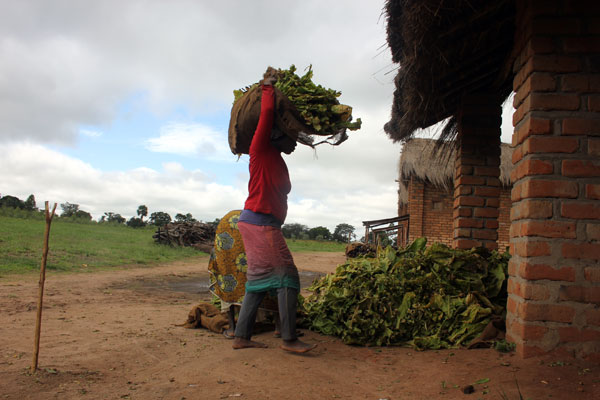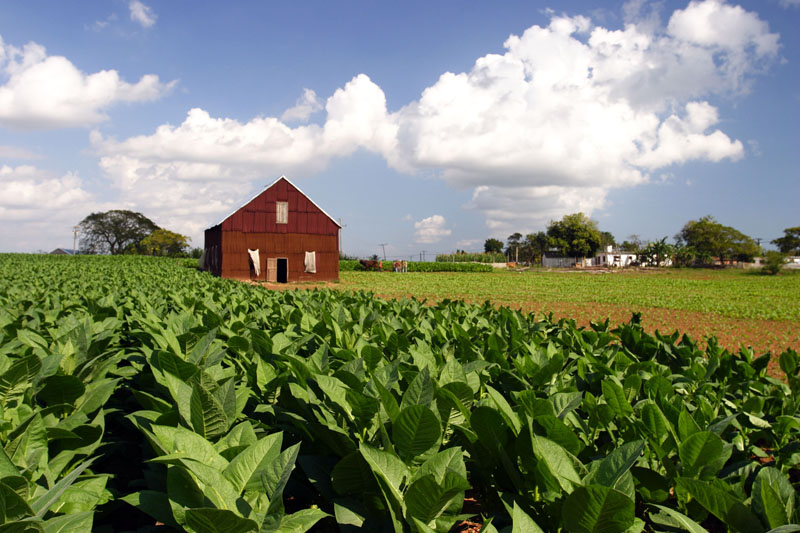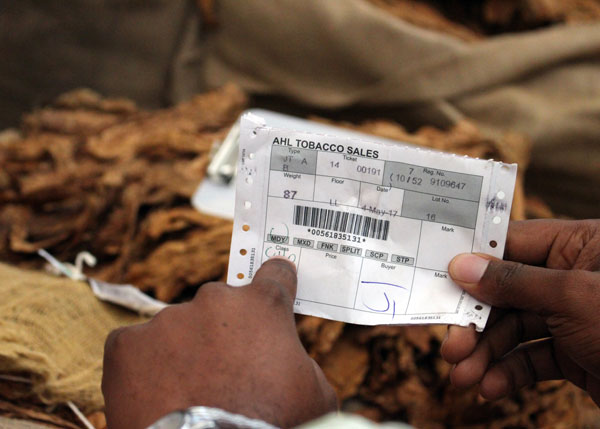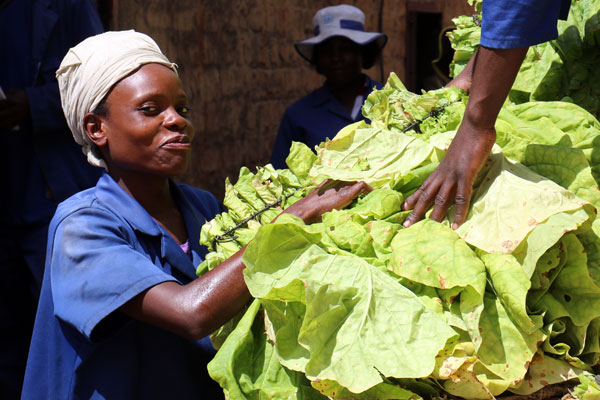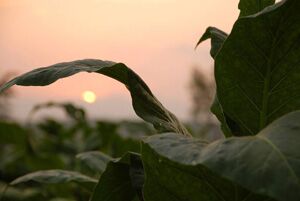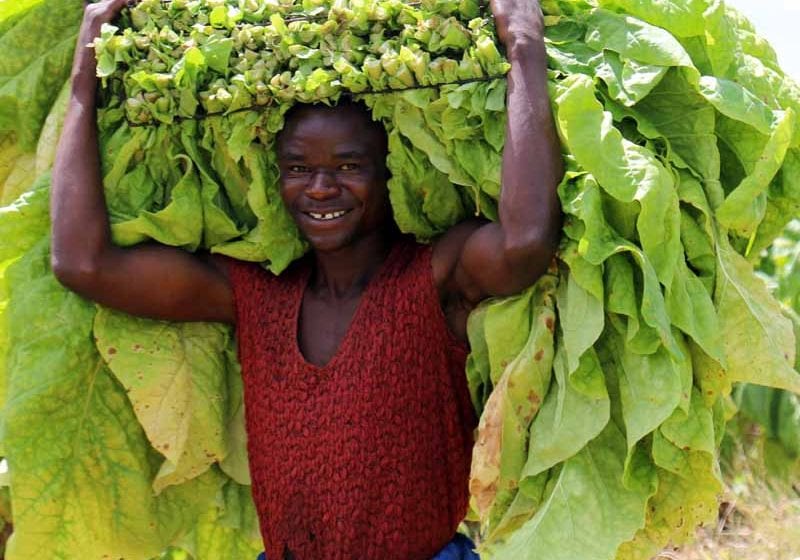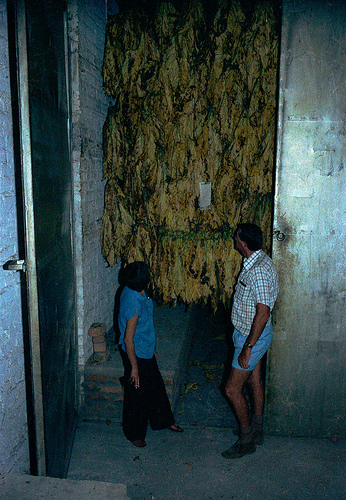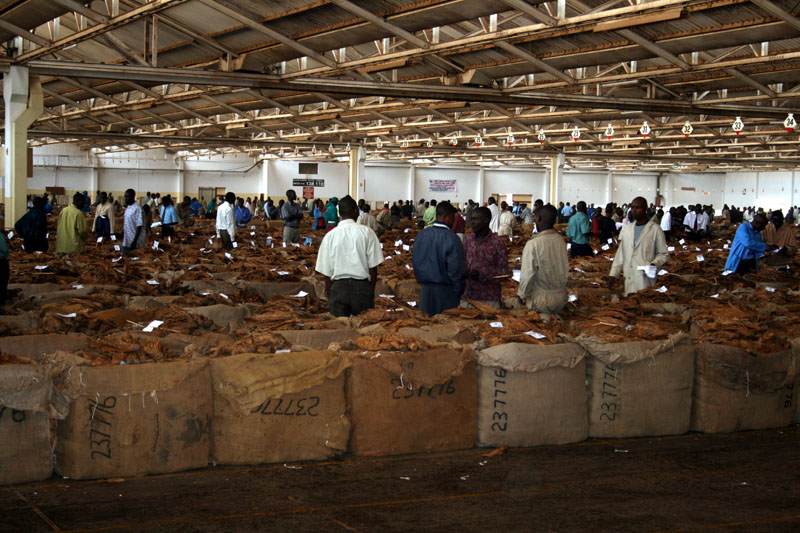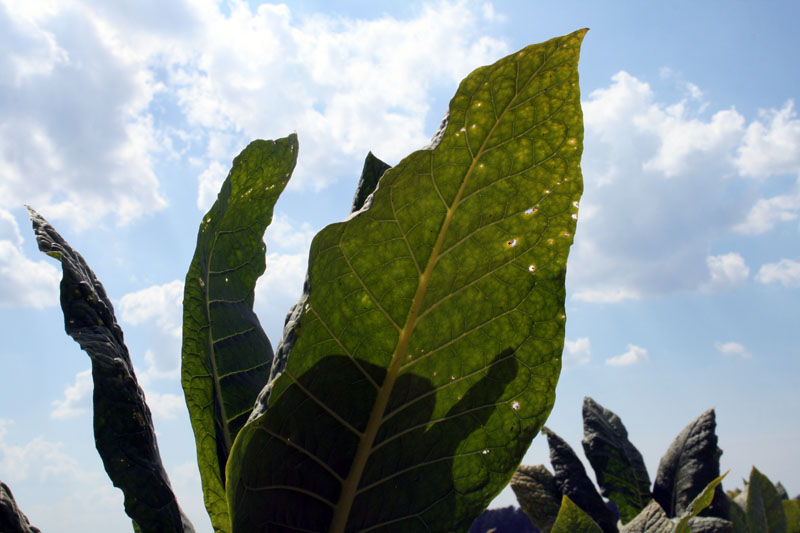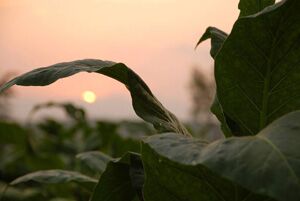British American Tobacco, Imperial Brands and Philip Morris International are buying leaf tobacco that could have been picked by exploited African migrants working in Italy, according to a story by Luca Muzi and Lorenzo Tondo for The Guardian.
Workers, including ‘children’, reportedly said they were forced to work up to 12 hours a day without contracts or sufficient health and safety equipment in Campania, a region that produces more than a third of Italy’s tobacco.
The Guardian investigation, which spanned three years, found that some workers from Africa were paid about €3 an hour, about half the amount paid to other workers, who were mostly Albanians, Romanians and Italians.
Tammaro Della Corte, leader of the General Confederation of the Italian Workers labor union in Caserta, was quoted as saying: “Unfortunately, the reality of the work conditions in the agricultural sector in the province of Caserta, including the tobacco industry, is marked by a deep labor exploitation, low wages, illegal contracts and an impressive presence of the caporalato [illegal hiring], including extortion and blackmailing of the workers.”
According to an internal report by the farmers’ organisation ONT Italia, seen by The Guardian and confirmed by a document from the European Leaf Tobacco Interbranch, BAT, Imperial and PMI bought three-fifths of Italian tobacco in 2017. PMI alone bought 21,000 tons of the 50,000 tons harvested that year.
The Guardian quoted these companies as saying they bought tobacco from suppliers who operated under a strict code of conduct to ensure fair treatment of workers. PMI reportedly said it had not come across any abuse, while BAT and Imperial said they would investigate any complaints brought to their attention.

